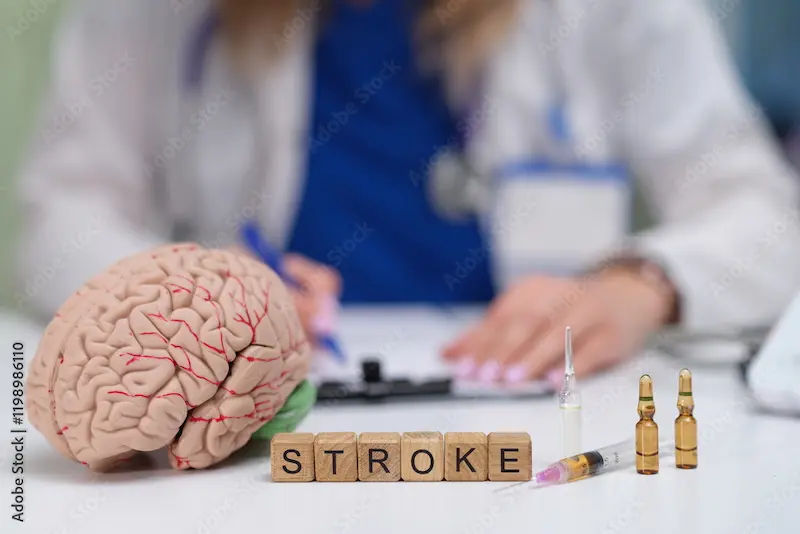Understanding Bone Marrow Transplant Procedures
Learn about bone marrow transplant procedures, including process, eligibility, potential risks, and recovery tips, to better understand this life-saving treatment option.

Written by Dr. Rohinipriyanka Pondugula
Reviewed by Dr. D Bhanu Prakash MBBS, AFIH, Advanced certificate in critical care medicine, Fellowship in critical care medicine
Last updated on 13th Jan, 2026

Introduction
Bone marrow transplants (BMTs) are life-saving medical procedures that can treat various blood disorders, cancers, and immune system diseases. If you or a loved one has been advised to undergo a bone marrow transplant, you may have questions about what it entails, how it works, and what to expect. This article aims to provide clear, compassionate, and easy-to-understand information about bone marrow transplants to help you navigate this journey with confidence.
What Is a Bone Marrow Transplant?
Bone marrow is the spongy tissue inside our bones that produces blood cells, including:
- Red blood cells (carry oxygen)
- White blood cells (fight infections)
- Platelets (help with clotting)
A bone marrow transplant replaces damaged or diseased bone marrow with healthy stem cells. These stem cells can come from:
1. Your own body (Autologous transplant) – Used when your bone marrow is healthy enough to be collected and stored before treatment.
2. A donor (Allogeneic transplant) – Used when the patient’s bone marrow is too damaged, requiring a matched donor (often a sibling or unrelated donor).
Why Is a Bone Marrow Transplant Needed?
BMTs are used to treat conditions such as:
- Leukaemia (blood cancer)
- Lymphoma (cancer of the lymphatic system)
- Aplastic anaemia (bone marrow stops making enough blood cells)
- Sickle cell anaemia & thalassemia (inherited blood disorders)
- Certain immune system disorders
What Happens During a Bone Marrow Transplant?
During a bone marrow transplant, here’s what typically happens:
1. Pre-Transplant Evaluation
Before the transplant, doctors conduct tests to ensure you are physically ready. This includes:
- Blood tests
- Imaging scans (like X-rays or CT scans)
- Heart and lung function tests
2. Conditioning (Chemotherapy/Radiation)
To prepare your body for new stem cells, high-dose chemotherapy or radiation is given to:
- Destroy diseased bone marrow
- Suppress the immune system (to prevent rejection in allogeneic transplants)
- This phase can cause side effects like fatigue, nausea, and hair loss, but medications help manage them.
3. Stem Cell Infusion
The healthy stem cells are given through an IV (like a blood transfusion). These cells travel to the bone marrow and begin producing new blood cells.
4. Recovery & Engraftment
- Engraftment (when new cells start growing) usually takes 2–4 weeks.
- You’ll stay in the hospital for monitoring to prevent infections or complications.
- Full recovery can take months, requiring regular follow-ups.
Get Your Health Assessed
Possible Risks & Complications
Like any major procedure, BMT has risks, including:
- Infections (due to weakened immunity)
- Graft-versus-host disease (GVHD) (in allogeneic transplants, where donor cells attack your body)
- Organ damage (from chemotherapy/radiation)
- Doctors closely monitor and manage these risks with medications and supportive care.
Life After a Bone Marrow Transplant
Recovery varies, but these tips can help:
- Follow-up care – Regular check-ups are crucial.
- Healthy diet – Eat nutritious, well-cooked meals to avoid infections.
- Hygiene – Wash hands frequently and avoid crowded places initially.
- Emotional support – Counseling or support groups can help with stress.
Final Thoughts
A bone marrow transplant can be a challenging journey, but it offers hope for many patients with serious blood disorders or cancers. With the right medical team, support system, and self-care, recovery is possible. If you have concerns, don’t hesitate to reach out to healthcare professionals for guidance.
Consult a Haematologist for the best advice
Consult a Haematologist for the best advice

Dr.sanchayan Mandal
Medical Oncologist
17 Years • MBBS, DrNB( MEDICAL ONCOLOGY), DNB (RADIOTHERAPY),ECMO. PDCR. ASCO
Kolkata
Dr. Sanchayan Mandal Oncology Clinic, Kolkata

Dr. Thorana Prakash M
General Physician
2 Years • MBBS
Bengaluru
PRESTIGE SHANTHINIKETAN - SOCIETY CLINIC, Bengaluru

Dr. E Prabhakar Sastry
General Physician/ Internal Medicine Specialist
40 Years • MD(Internal Medicine)
Manikonda Jagir
Apollo Clinic, Manikonda, Manikonda Jagir
(150+ Patients)

Dr. Ramalinga Reddy
General Physician
5 Years • MBBS MD General medicine
Bengaluru
PRESTIGE SHANTHINIKETAN - SOCIETY CLINIC, Bengaluru
Dr. Sasikamalam
General Practitioner
1 Years • MBBS
COIMBATORE
Apollo Sugar Clinic Coimbatore, COIMBATORE





